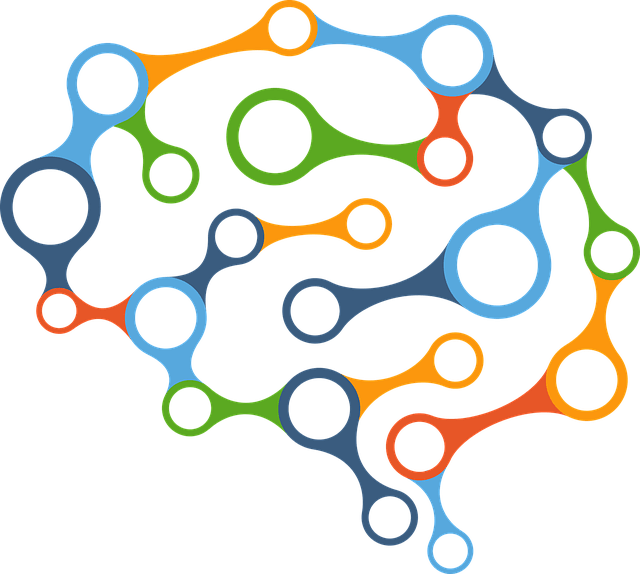How do brain work? How the Brain Receives and Interprets Messages? Health of nervous system.
Messages concerning your environment travel along nerve cells to your brain. In turn messages from your brain travel to the cells of your body. The spinal cord carries these messages to and from your brain.
Receptors collect information from the sense organs. For example, receptors in the nose collect information about odor while receptors in the ear collect information about sound. Sensory neurons carry messages from the sense organs to the brain. The brain not only receives information it also sends information to all parts of the body. The area of the cerebrum which is concerned with messages, receives and interprets them. In your brain messages from your tongue become taste. Messages from your ears become sound. Sensory neurons and motor neurons allow you to sense and react to the environment. If actions are necessary association neurons in the brain carry the appropriate message to the motor neurons, which stimulate the necessary action. If the effector is a gland it will respond to the impulse by either decreasing or increasing its activity. If the effector is a muscle a nerve impulse causes the muscle to contract.

Health of Nervous System
The nervous system controls most of body functions. In order to function the brain must be supplied with blood. If the supply ceases, because of a blood clot the blocking of a vessel or partial paralysis, numbness or loss of speech occurs. Factors that cause these are high blood pressure, heart disease and shock. A person who has high blood pressure or heart disease must be controlled periodically by a doctor and he must use drugs to treat the disease.
The skull protects the brain. However, a hard blow to the head or a serious fall can cause the brain to bounce against the skull. As a result, the surface of the brain is damaged. This kind of injury can cause a person to stop breathing , lose consciousness or have memory loss. Other kinds of injuries to the brain can also result in serious effects. For example, brain damage can cause blindness, heart failure and even death.
Protect yourself against head injuries by wearing protective headgear during sports, when bike riding and when working in dangerous places. Drugs are often used for medical reasons. Sometimes drugs are abused, many drugs have harmful effects on the nervous system.
An injury to the spinal cord can lead to paralysis (the inability to move some parts of the body). When the spinal cord is crushed or cut, impulses cannot travel beyond that point. For example, if the spinal cord is cut no sensory impulses from the legs can reach the brain. Also, no motor impulses can reach the legs. As a result, the legs cannot move. This may cause permanent paralysis. Many injuries result from automobile and work – related accidents. You may prevent some of these injuries by wearing a safety belt, driving safely and following safety rules at work.
If a nerve cell is damaged in an accident, it can never be replaced. However, you can do things to protect yourself from brain and spinal cord injury.
Infections of the nervous system are less common than infections of other system s of the body. The brain and spinal cord are protected from the outer environment. Bacteria and viruses can reach the nervous, system only through the blood stream and air spaces in the sinuses and ears. Inflammation of the nerves is called neuritis. Inflammation of the membranes around the brain and spinal cord is called meningitis. Signs are fever, severe headache, nausea and vomiting are treated with antibiotics. Sometimes meningitis can cause deafness, mental retardation and death. Epilepsy is caused by abnormal electrical activity in the brain.